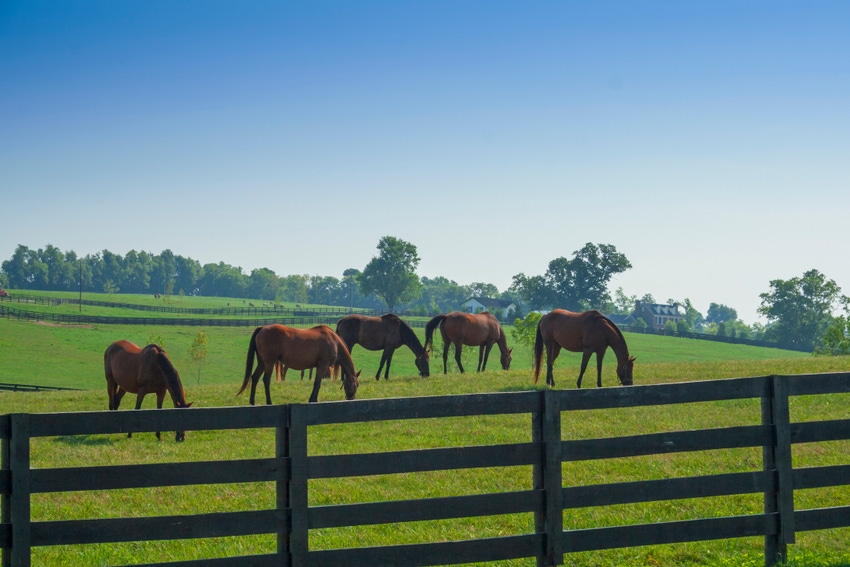
The National Association of State Departments of Agriculture wants to lend its influence to bolster the country's food supply chain, both locally and national, rally rural broadband efforts and adopt a new diversity and inclusion policy within its framework.
“The pandemic highlighted some strengths but also some stresses that the food system endured this past year. We had a lot of conversations in our policy meetings that really linked back at how the pandemic has affected their home states. For instance, there is a surge in local agriculture, so we are starting to see an increase of enthusiasm for buying local programs. In Kentucky we call it Kentucky Proud, but each state has their own,” said Kentucky Agriculture Commissioner Ryan Quarles, the newly elected president of NASDA.
Quarles held a virtual press conference following the end of the association's annual meeting Sept. 3, which was also held virtually. NASDA is a nonpartisan, nonprofit association which represents the elected and appointed commissioners, secretaries and directors of the departments of agriculture in all fifty states and four U.S. territories.
The pandemic, he said, also highlighted the need for improved rural broadband internet across the United States.
“We’ve always needed it in rural America. We need it on our farms and agribusinesses to run them efficiently, but now with untold number of American kids learning from home or virtually, the need for high speed, quality and affordable internet is greater now than ever so we want to have a substantial conversation about this in the year to come,” Quarles said.
The COVID-19 pandemic has also raised concerns about meat processing systems across the United States. Quarles said NASDA is seeking help, particularly from Congress, to support meat processing plants across the United States. Quarles said NASDA passed policy that supports significant funding and economic incentives for small and mid-size meat processors to safely increase U.S. capacity and competition.
“With COVID-19 putting stress on the food supply system, but also the emergence of local agriculture, I think there could be some opportunities for small and medium sized expansions as more Americans are choosing to buy local. In Kentucky, we’ve set aside $1 million to help expand any meat processor that is USDA inspected and help them expand as well,” Quarles said.
Also, at the meeting, NASDA adopted a new diversity and inclusion policy that formally incorporates NASDA’s commitment to racial justice into its policymaking framework.
“We acknowledge that in order to combat systemic racism, we must consider diverse audiences from the start of our policymaking process,” NASDA CEO Barb Glenn said. “We believe that the future of agriculture is best served when all of those in the agriculture community are empowered regardless of race, gender, sexual orientation and/or religious creed.”
NASDA’s policy asserts that diversity and inclusion are fundamental principles of a sustainable agricultural community and necessary to advance the agricultural industry in the U.S. The policy also recommends supporting programs consistent with the new guiding principle and encourages all levels of government to do the same.
About the Author(s)
You May Also Like






